Football
Close to going from this world
I speak Swiss-German, German, French and a little Spanish. Now I’ve come to play in the A-League with Western Sydney, I’ve started to work more on my English.
No matter Swiss or English, AML is the same in both: Acute Myeloid Leukemia.
I was diagnosed with that blood cancer in 1989. Two paramedics brought me in an ambulance to the University Children’s Hospital in Bern. I was 16 months old, pale and with bruises on both legs.
I had been on a vacation with my family when I started ailing and my mother took me to a local doctor. The findings in the examination and then the blood scans left no doubt that I was suffering from leukemia.
The first years were very difficult and different, especially for my parents.
I was about 14 or 15 when I found out how sick I had been. When I was about 19 I started to tell my story in the papers to help other children understand what it means and the possibilities you have to go back into a normal life.
That’s the most important thing and it was important for me to pass on that information.

AML is a very strong leukemia. Doctors told me I had a 10 per cent chance to go through it.
I don’t really know why I survived. I’m a fighter, even on the pitch, my whole life.
Good medicine, good doctors, and a positive mind as well. Even now in a normal life, not just when you are sick, a positive mind is important.
I think that comes from my parents and it is in me. But how do you know why you get through and others don’t? It’s a tough question.
It was not an easy time for my parents then.
We lived out of the city, in farmland, and my dad was a roofer. We had not a lot of money, so my mum and dad had to work a lot and very hard. They gave everything for me and my brother and sister.
They always explained what was going on to me, and it helped me.
The privations for me and my whole family were back then. They are not an issue today. The gratitude we feel outweighs everything.
Me and my family are happy that I am feeling so well today and that after finishing school I realised my childhood dream of becoming a professional footballer.
I know I have a fantastic life and job and I’m very appreciative to have it.
It was a tough time and I know it’s big part of my life. I needed luck and many good people around me who helped me. I was close to going from this world, and now I really enjoy it and know what I have.

AN EMOTIONAL REUNION
Back in 1989, Dr Annette Ridolfi Lüthy warmly welcomed me and my family in our hardest hour at the hospital. She was then a senior physician in the children’s cancer department, and became the closest caregiver to my parents in the following weeks and months. She was always there for us and gave us a lot of support and strength.
We had an emotional reunion with her in 2008 and since then we have been in contact. She is one of the people behind the Childhood Cancer Foundation I launched at the hospital.
I started the foundation because I wanted to make a difference for the children, and the parents.
When the children are diagnosed, the parents are usually extremely sad and negative.
Doctors told me I had a 10 per cent chance to go through it. I don’t really know why I survived. I’m a fighter, even on the pitch, my whole life.
It is a devastating experience, the first time you are confronting this disease. They hear my story and my history and the first reaction every time is ‘wow, you can do sport, you can have a normal life’.
I say ‘yes this is possible, be with your children and remain positive’. To me that was the important thing, to deliver this message.
Of course, there are times the children don’t get through. I don’t like to dwell on that, as it is too personal. But I stay in touch with many families.
It’s a passion for me because I feel I can help them and I have time to give back.
I have gratitude. My life is wonderful and I have almost everything you can have.

I LOVE THIS CHALLENGE
I played 14 times for Switzerland and most of my career in the Bundesliga, with more than 250 games.
Last year I was with Hannover 96 but I was excited to try a new challenge in Australia.
I have been here a few weeks but already think it’s fantastic. I heard a lot of praise for Australia – also that the people are nice and friendly and I’ve found that to be true.
It’s difficult to know what to expect from the A-League because I could not watch many games in Europe. So I saw maybe two or three games on the internet.
I know the Socceroos through World Cups, and they have some players in Germany and Switzerland. You know they are very fit and tough guys.
It’s a different situation, but from training I can see they are good guys and good football players, very athletic. It’s going to be tough. I love it. I love this challenge.

I have come across a few Australian players. Tomi Juric, a Wanderers hero, played with my brother Christian at FC Luzern in Switzerland, and I’ve played against Mathew Leckie and Robbie Kruse and know the players from the Premier League.
The most important thing for me now I’m here is to play football at a high level, and help show them how we work in Europe, and maybe help them find a way to Europe.
I’m always about winning first and I’m not here for a holiday. I want to work hard with the team, help the club achieve its goals.
I’ve had many great experiences already in the game – playing against Dortmund and Bayern in the Bundesliga and going to the 2010 World Cup in South Africa.
Perhaps the great memory, even though I was on the bench, was playing for Switzerland against England at Wembley. You can feel the history there. It was amazing.
Hopefully, with the club here I can experience more great moments.
The club is growing up, has a good mentality and many talented young players. I think they are the future and I’m here to help them.
More about: A-League | Bundesliga | FIFA World Cup | Markus Babbel | Socceroos | Tomi Juric | Western Sydney Wanderers
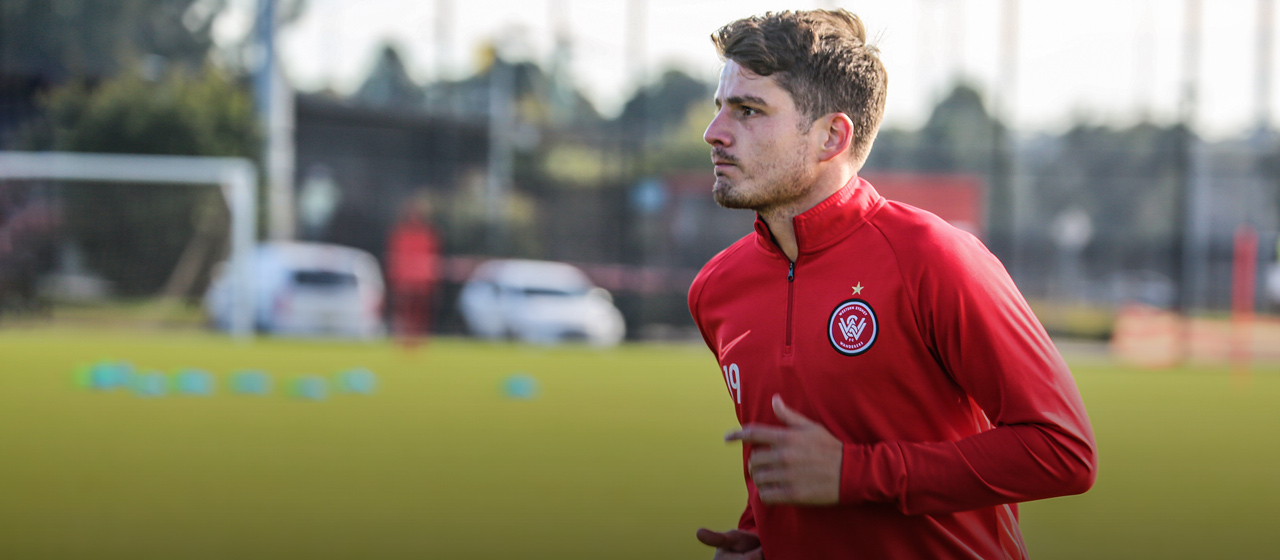
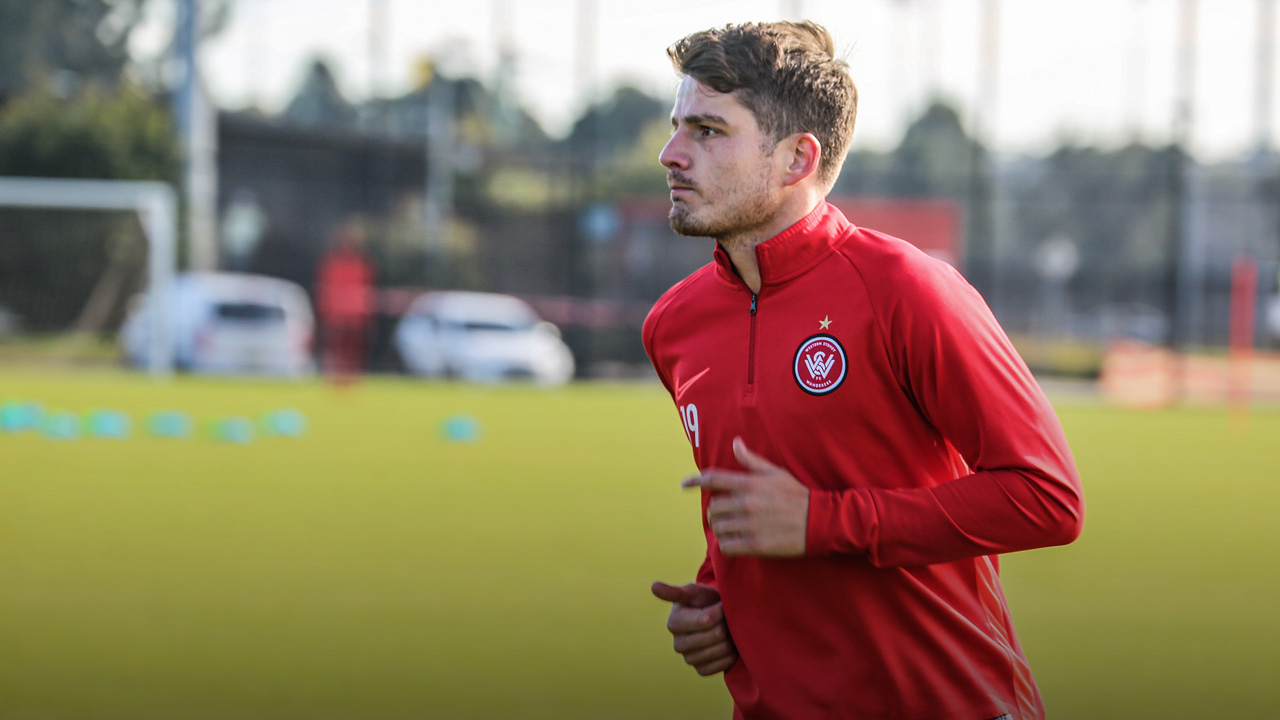
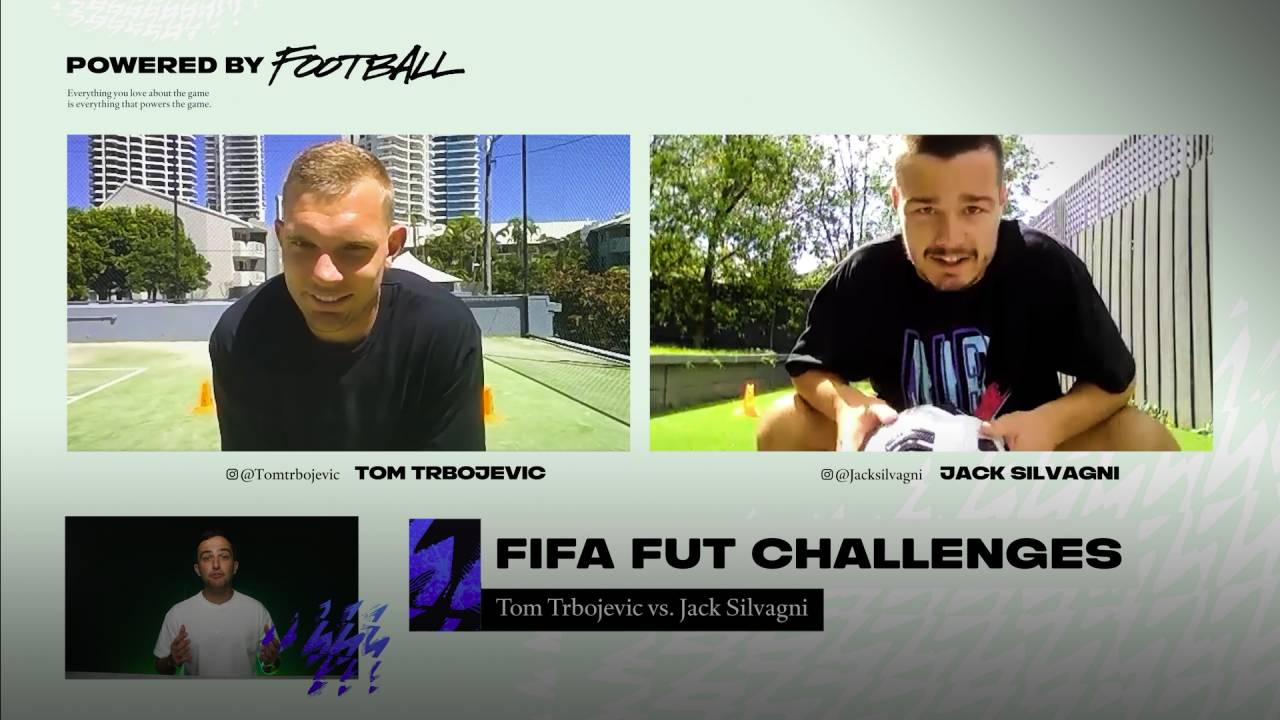
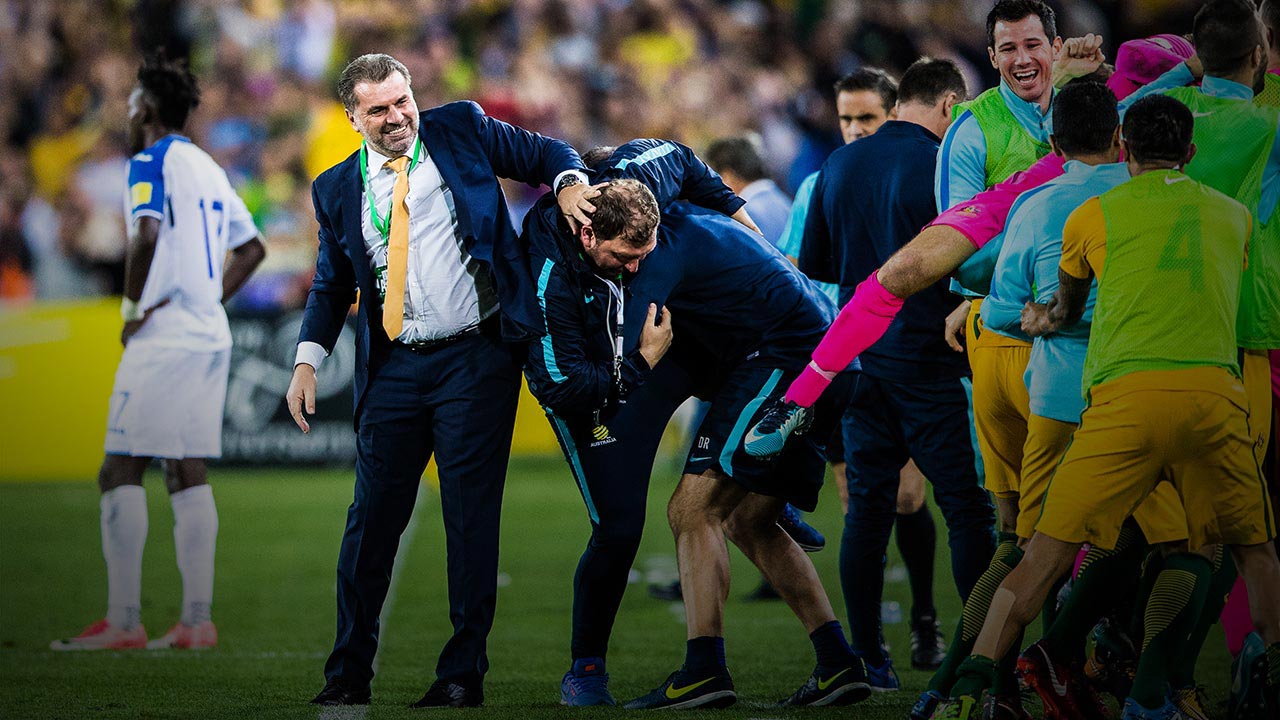
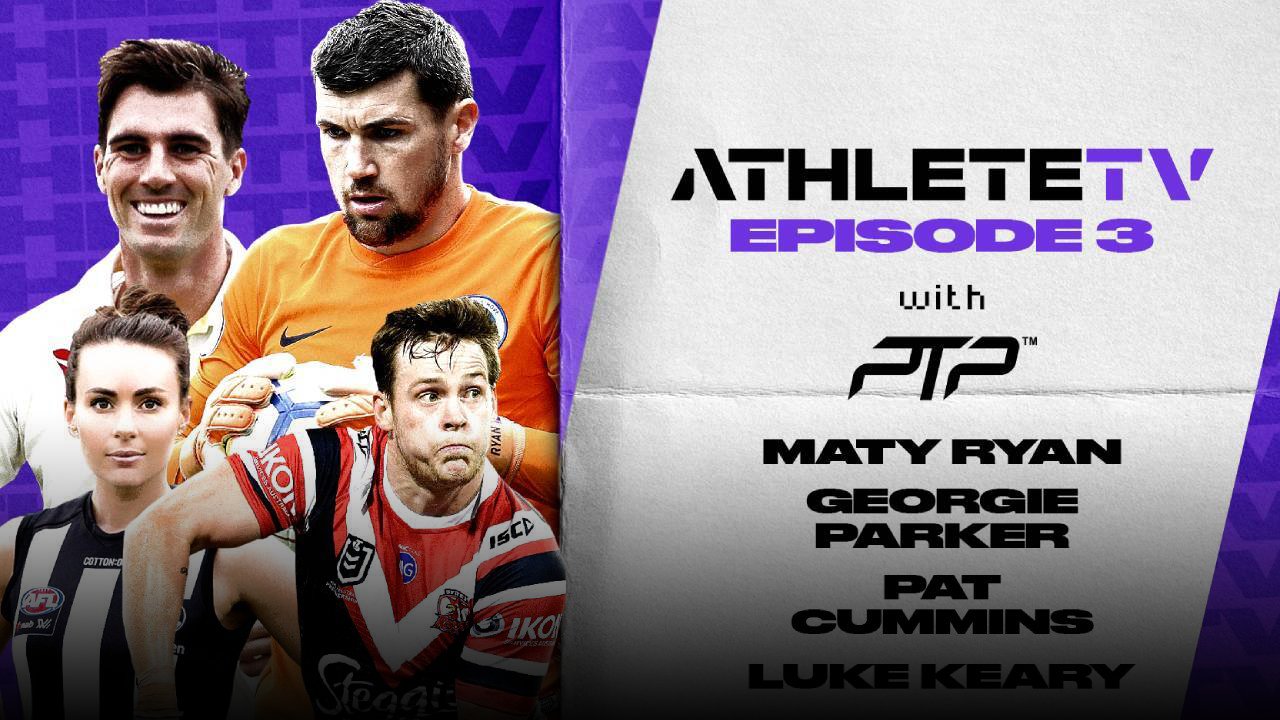
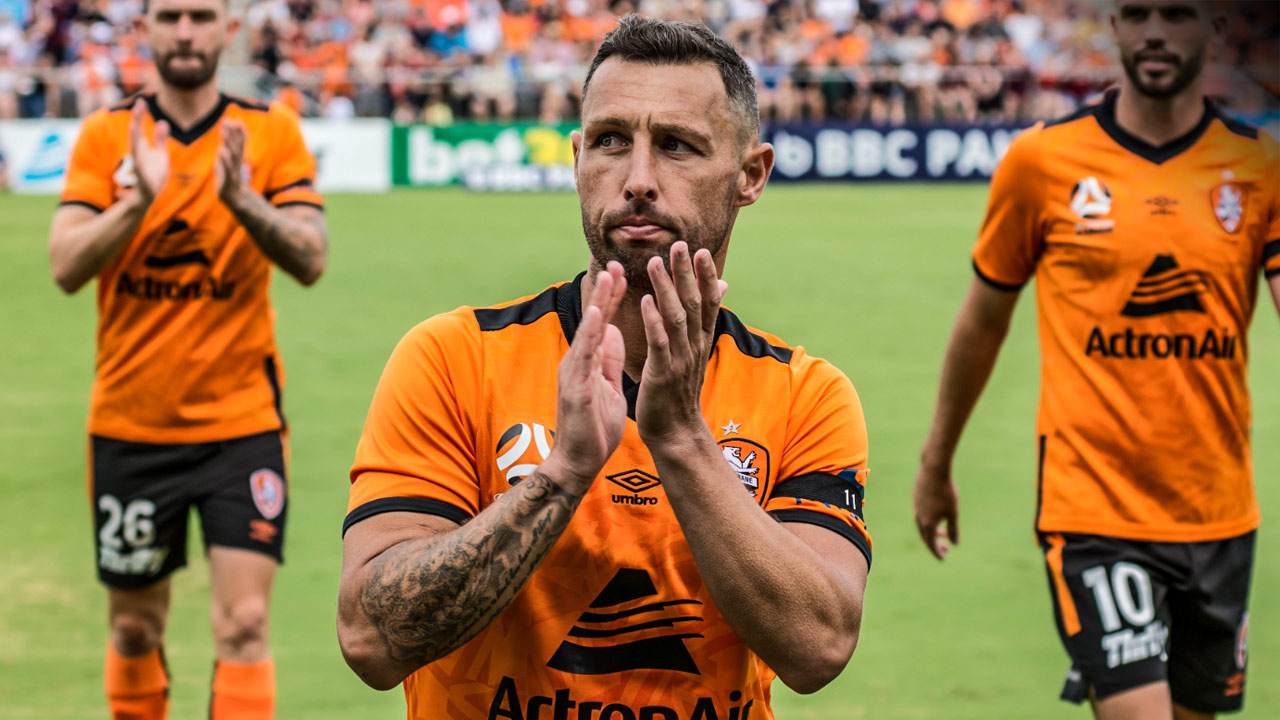
 Load More
Load More